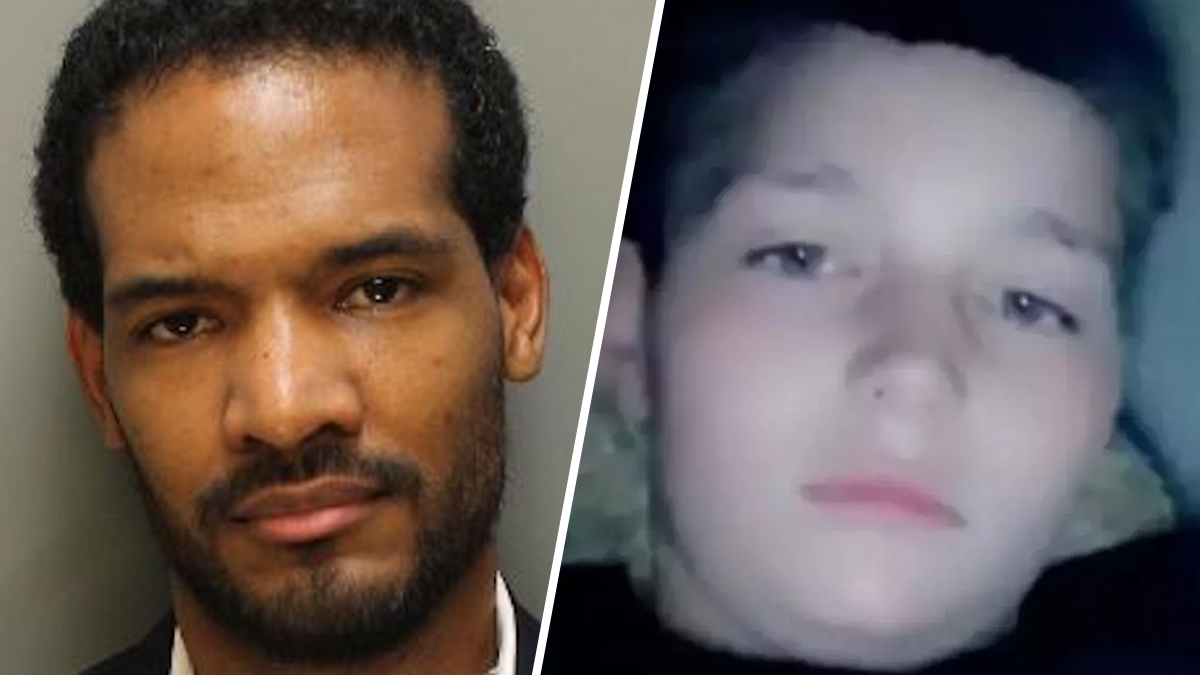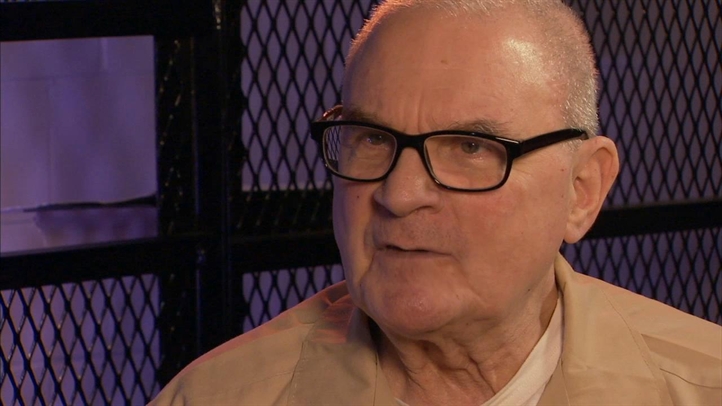In the shadows of Germantown High School, community leaders, lawmakers, real estate experts and dozens of citizens packed the First Methodist Church of Germantown Friday to discuss ways to keep the soon-to-be closed high school from sitting idle.
Germantown High, a mammoth four-story, 350,000-square-foot facility, is one of 23 schools set to close at the end of this school year as part of the Philadelphia School District’s facilities consolidation plan. The stone structure, built in 1914, encompasses nearly an entire city block fronting Germantown Avenue at High Street.
Finding a reuse for any building that size is tough conceded a panel of six at the forum organized by AxisPhilly.org. The panel was the first of several events focusing on the impending school closing plan. They’re being organized as part of Schoolhouse Watch – a partnership between AxisPhilly.org and several organizations including NBC10.
Panel members included Philadelphia councilwoman Cindy Bass, Pa. State Representative Stephen Kinsey, community leader Betty Turner, Emily Dowdall of Pew Trusts, realtor Allan Domb and zoning attorney Bill Ewing.
A number of ideas were shared by the panel and audience, with the overwhelming majority centering around keeping Germantown as an educational facility in some form.
Rep. Kinsey, who represents the district the school is in and is a Germantown High alum, calls the school a “central hub” of the community. He says his office has gotten a number of calls from citizens asking foremost for Germantown to remain a school. An idea he says he’s still fighting to make a reality. Other ideas included a retirement facility, while some wanted to see the building turned into a cultural center for the neighborhood.
“You have a right to what takes place in that building,” he said. “We really have the power collectively to make the change that we want in our community.”
Local
Breaking news and the stories that matter to your neighborhood.
Domb, president of the Greater Philadelphia Association of Realtors, felt the retirement home or any other residential use for Germantown would be unfeasible, because of building conversion costs.
“The cost of construction on this property is probably $125 to $175 per foot. You’ll never ever sell it for that price per foot, ever,” he told the crowd. “So I don’t think there is one hope of making this residential.”
The 2014 market value for the Germantown High School property is more than $9 million, according to Schoolhouse Watch data.
Domb says he thinks it would be best to convert Germantown to his “corporate” high school model – a plan he shared first with NBC10.com earlier this month. Under the “corporate” plan, major companies with a large local presence would create high schools that, among other subjects, would teach skills necessary to work in their company and industry. Upon graduation, the students would then be offered jobs inside the companies.
Another panelist, Bill Ewing, stumped to have the Community College of Philadelphia take over Germantown High.
“Why doesn’t Community College have a school here,” he asked. Combining Domb’s idea, Ewing said corporations could pitch in cash to help invest in the community.
“Community College has the educational structure and the businesses could provide the financing for the right kind of educational training in that school.”
Ewing, a former member of the Philadelphia Zoning Board of Adjustment, said the city and state should offer businesses tax credits and abatements to help soften the blow of any building conversion costs. He says closing the school will be a major economic drain on the neighborhood – a sentiment echoed by many panelists.
Community leader Betty Turner of the Germantown Community Connection says some residents she’s met with feel the building could become a multi-use facility with government offices and services inside. Others, she says, feel culture is the key for Germantown High’s future.
“There’s been talk about having a [arts] center there where we could have exhibitions and exhibits and performances and do training,” she said.
Several fiery members of the Germantown High School Alumni Association debated why the school’s closure was a foregone conclusion, in many people’s eyes. Germantown alumnus Joe Bud said closing the school will be tough on the students and could cause violence and drop outs.
“We deal with the young men, and we know if those young men if they’re shipped to [Martin Luther] King from Germantown, there’s going to be an issue,” he said. “Why not keep the men in the neighborhood?”
The alumni association has drawn up a proposal to merge several schools, including Roosevelt Middle School and Fulton Elementary School under the roof of Germantown High – creating one K-12 school.
“We want this school to stay in the community,” said alumni association president Vera Primus. “We need to come together as a group in this community and make our voices heard because it can be done. And I believe the school will remain open.”
Bass noted she also asked the school district to consider creating a K-12 school at Germantown, but that those requests were ignored.
“We want to work with the district, we want to make sure if there is any opportunity to…keep Germantown open…we want to be heard on that,” she said.
“We’re trying to on the one hand figure out, is there a way to save this beloved institution, and on the other hand face the reality that we may have to, you know, think of some reuse, repurpose.”
We reached out to the School District of Philadelphia for comment, but have yet to receive a response.
Should a school stay at Germantown, in its current form or another, resident YahNe’ Ndgo Baker says there could be an opportunity to merge arts and culture with the curriculum. Baker believes artists, cooks and others could rent office and studio space inside the school and in return be required to contribute to the curriculum.
“Could the people provide the kinds of things that are missing in the [public] education…that they have in the private schools,” she said.
Whether any of the ideas will come to fruition is still yet to be seen, but Dowdall -- who’s authored studies on school closures in Philadelphia and other cities -- says the earlier the conversation gets started, the better.
“I think that it’s really promising that this discussion is getting underway now, because what we found was that the longer a building sits empty, it becomes much harder to find a new life for it,” she said.
Contact Vince Lattanzio at 610.668.5532, vince.lattanzio@nbcuni.com or follow @VinceLattanzio on Twitter.



